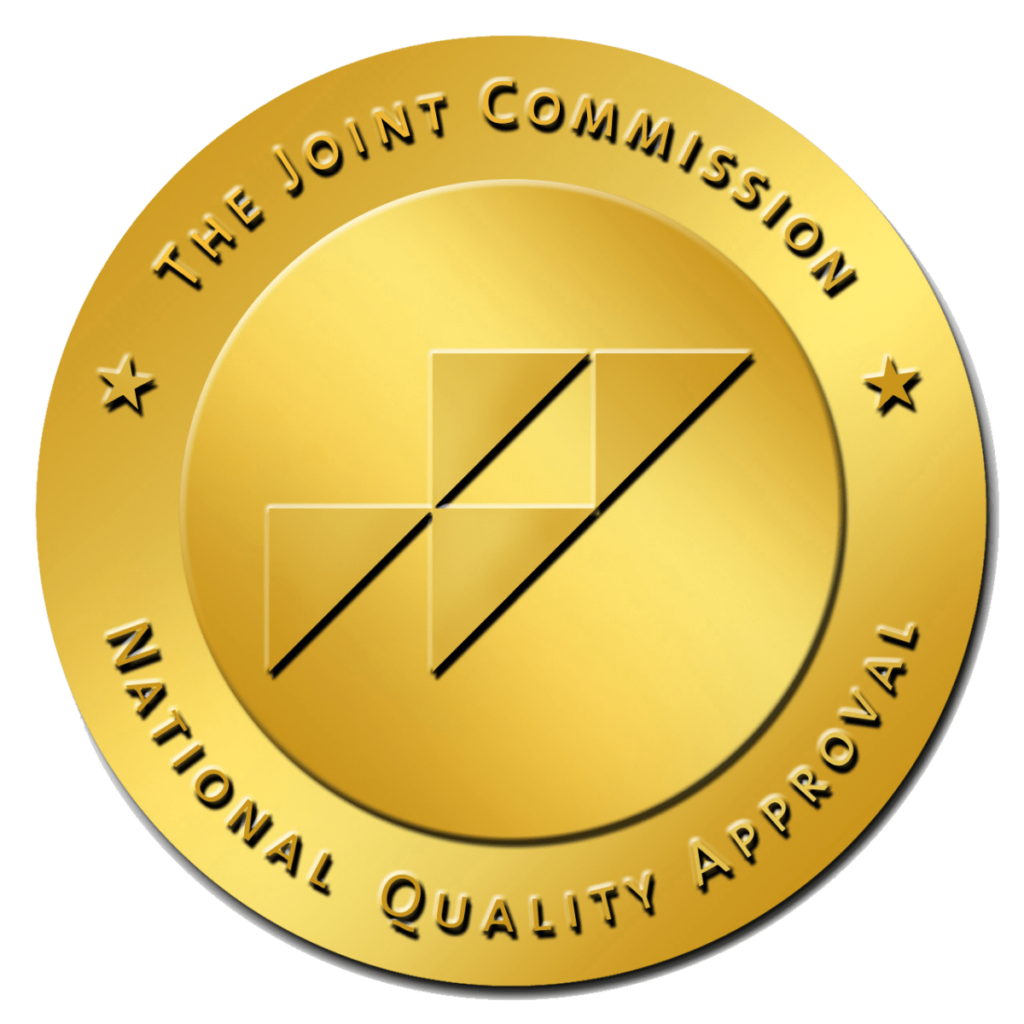We have all encountered stress at some point in our lives, at work, at home, or in school. In small amounts, stress can be a good motivator to accomplish necessary tasks and ensure we are prepared for upcoming events. Unfortunately, too much stress can be unhealthy and decrease quality of life.
Stressful Events
What is hugely stressful for one person may not be a big deal to another, due to variations in coping skills and support systems. The stage of life a person is in may also impact what events they experience as stressful. An adult may be most stressed by financial concerns, work-related issues, marital difficulties, and parenting. A teenager is most likely to feel stress about:
- School – academic demands, time management, and peer or teacher conflict
- Their identify and changing bodies
- An unsafe neighborhood or home life
- Conflict with their parents and also between the parents themselves
- Moving or changing schools
- Having too much going on – work, school, social life, planning for their future, family obligations, etc.
What Makes Stress Less Manageable?
Certain factors can make it harder for a person to deal with stressful things. Insufficient sleep, lack of support, poor nutrition, and physical health issues can all make stress much more challenging to manage. Experiencing big life changes like the birth of a new baby, death of a loved one, divorce, moving or getting married can also make stress seem overwhelming. Even positive, planned life events (vacation, new job, new house, etc.) can make it harder to manage added stress.
Signs of Stress
It can be easy to miss signs of stress in yourself and others, but stress can manifest symptoms at all levels:
- Physical – headaches, stomach issues, feeling generally ill
- Mental – having a short temper, not being flexible
- Emotional – anger, sadness, fearfulness, frustration
- Behavioral – increased reliance on alcohol and other substances, changes in sleep
Reducing Stress
To reduce the amount of stress you experience, consider the following tips:
- Have realistic expectations for yourself – Do not expect perfection in all things at all times.
- Prioritize – Decide which things matter most and focus on handling those things well. Try to let go of things that don’t really matter.
- Fight your inner critic – When you find yourself engaging in negative self-talk, respond by reminding yourself of the ways that you excel and what you are doing right.
- Learn to WAIT – By Watching what is going on inside yourself, Accepting stressors without reacting to them, Inviting the internal reaction to relax by giving yourself compassion, and Telling yourself you have the situation under control, you may find that you increase your tolerance to potentially stressful events over time.
- Look after your self-care – When you regularly provide yourself with scheduled time for sleep, nourishment, socialization, and spirituality, you are making it easier to navigate difficult situations without becoming overwhelmed.
- Take a periodic break from the news – A lot of people find that they react emotionally to hearing news reports about difficult things. Reducing how much time you spend watching TV news or reading online or print news may improve your overall mental state and make stress from your own life more manageable.
Managing Unavoidable Stress
- Plan ahead – If you know that there is something difficult on the horizon, do what you can to make that time easier for yourself. Some people do this by meal-prepping, doing parts of the task in advance, or scheduling some time off work before, during, or after the event they expect to be difficult.
- Know when it is time for a break – if you find that you are hungry, angry, lonely or tired, it may be time to step away for a snack, some sleep, a chat with someone you care about, or a deep breath.
- Avoid procrastination – the desire to avoid something that will be difficult is natural and understandable; however, waiting until the last minute to address something stressful can reduce the number of choices you have, making it harder to accomplish other things that need to be done and resulting in unnecessary hardship.
- Talk to someone – whether it’s a friend, a family member, a colleague or your therapist, find someone you trust and talk to them about what is going on. While they might not have a solution to what you’re facing, sometimes just being able to talk through the situation may help you to see it a different way or allow you to feel less alone.
If you find yourself regularly overwhelmed by the amount of stress in your life, it may be time to access professional support. Highland Hospital in West Virginia has a team of mental health professionals who can provide encouragement, education, and support during life’s difficult times.









